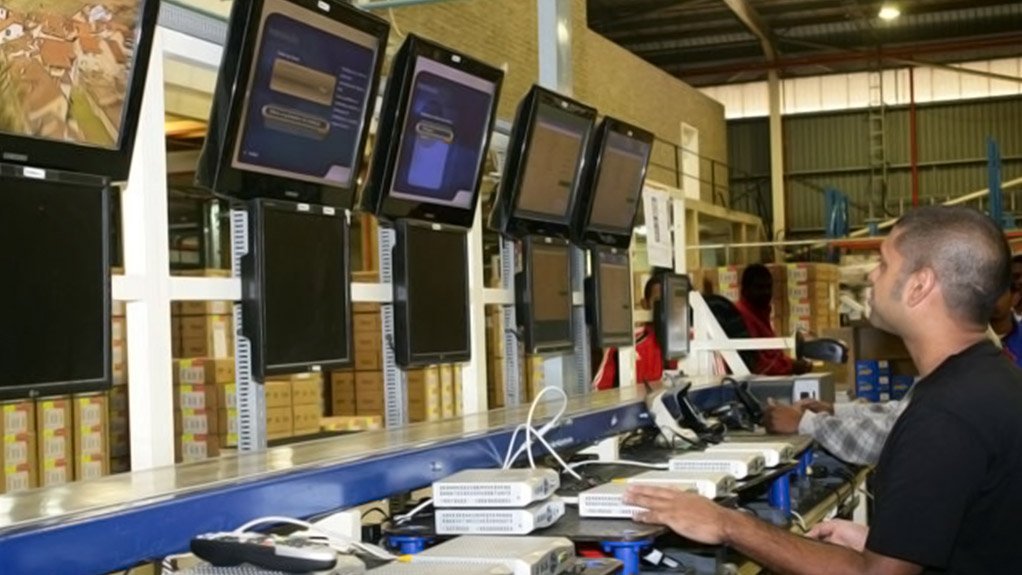South Africa’s delay in migrating from analogue to digital broadcasting has cost the country the first-mover advantage of establishing an electronics manufacturing sector positioned to deliver set-top boxes (STBs) to the rest of Africa.
With the now long-gone opportunity to build South African companies able to service a continental market of an estimated 100-million STBs and leverage the economies of scale, plants have closed, assembly lines have been shut and thousands of jobs have been lost, the South African Communications Forum (SACF) said on Tuesday.
Instead of “buttressing our manufacturing sector”, the recently amended Broadcasting Digital Migration (BDM) Policy for the digital terrestrial television (DTT) project had opened the “floodgates” for products from other nations to inundate South Africa’s shores.
A “major shift” in the policy meant to revive the electronics manufacturing sector in South Africa had created uncertainty among industry stakeholder owing to contradictions and a lack of clarity on standards, specifications and other features to guide STB manufacturers.
Further, the Department of Communications’ decision to exclude encryption in the STB control system for the five-million government-subsidised decoders and to deem a control system nonmandatory for other broadcasters would “spell the decline” of electronics manufacturing in South Africa.
“This is the fork in the road,” said SACF CEO Loren Braithwaite-Kabosha, voicing concern over the clarity in the pronouncements made by government regarding the amended policy.
“When analysed, these different policy pronouncements are contradictory, ambiguous, will not meet government’s objectives in implementing DTT migration and will devastate our electronics manufacturing industry,” the SACF Electronic Manufacturers Working Group said in a BDM response document, published on Tuesday.
The SACF believed that the only way to enforce or control which decoder was allowed to access the digital broadcasting network, and prevent any grey or illegal imports “without fail”, was to have a control system with encryption.
“As manufacturers, we are cognisant that only a control system which enables encryption will make it possible to enforce local manufacturing beyond the subsidised boxes that will be purchased by government,” the forum pointed out.
This would stimulate the local electronics industry, create jobs and benefit emerging entrepreneurs, it argued.
EMAIL THIS ARTICLE SAVE THIS ARTICLE
To subscribe email subscriptions@creamermedia.co.za or click here
To advertise email advertising@creamermedia.co.za or click here











